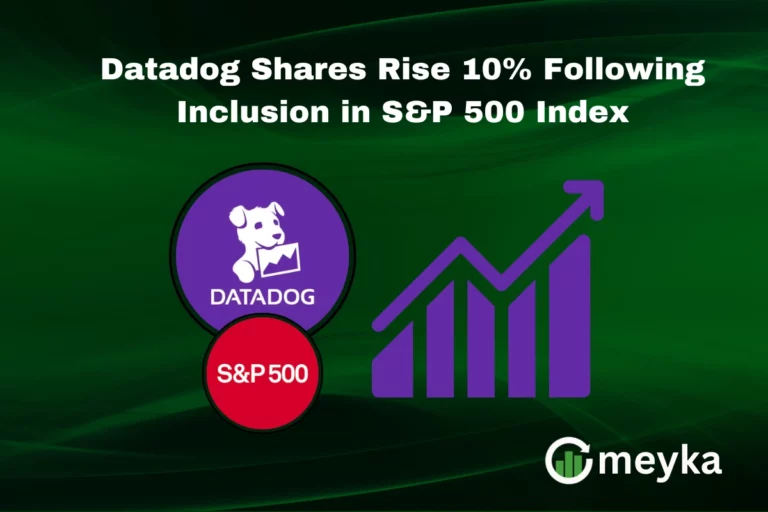Apple Set for iPhone Sales Boost Thanks to Strong Pro Model Demand
Apple Inc. (NASDAQ: AAPL) is once again making headlines as its latest iPhone 17 Pro models record impressive early sales. According to a recent Reuters report, the company is experiencing a 32% spike in premium iPhone demand compared to last year. This rise is expected to significantly lift its revenue and earnings for the upcoming quarter, providing a major confidence boost for investors in the stock market.
Continue Reading on Meyka
This article is available in full on our main platform. Get access to complete analysis, stock insights, and more.
Read Full Article →





